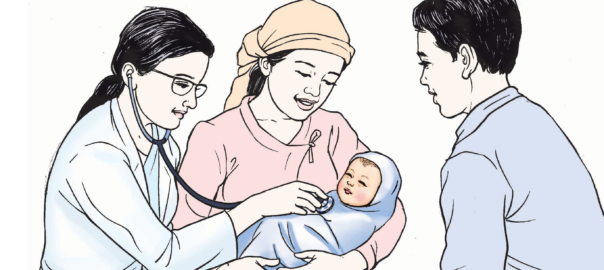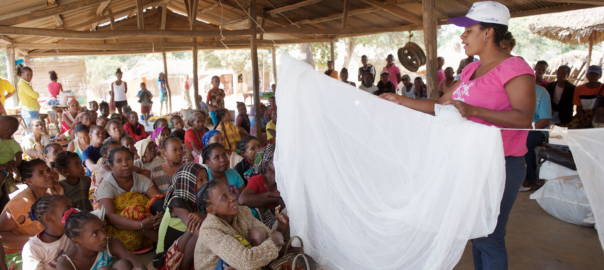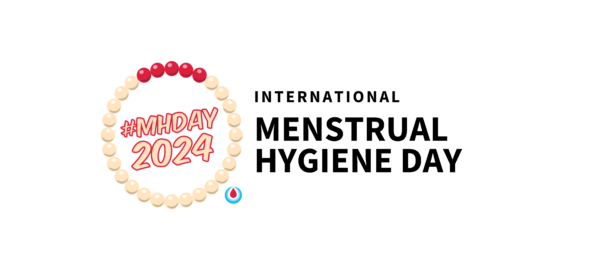New Year. New Demographic and Health Surveys Program. Same Reliable, Accessible, Comparable Data.
We proudly announce the continuation and revitalization of The Demographic and Health Surveys (DHS) Program! Our mission remains steadfast: to deliver high-quality, accessible, and actionable data that inform health and development efforts locally and globally. Let’s Work Together If you are with a Ministry of Health or National Statistics Office and are interested in fielding […]









